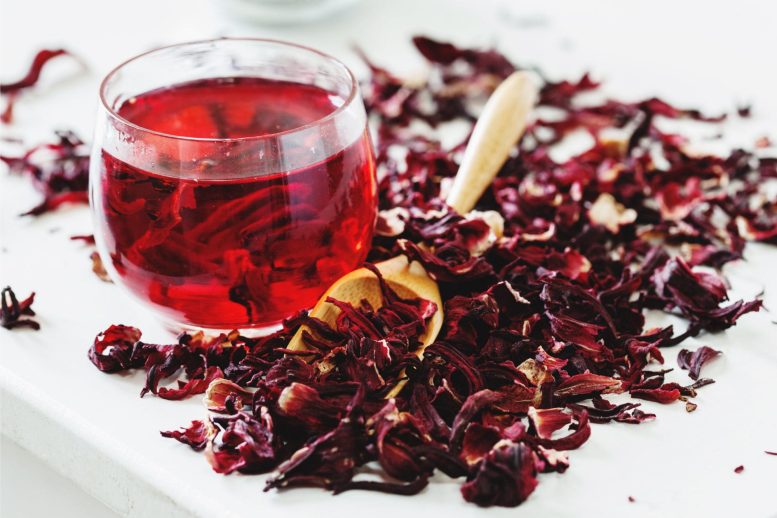
Alzheimer’s disease is a progressive brain disorder that affects memory, thinking, and behavior. It is the most common cause of dementia in older adults and is characterized by the loss of neurons and synapses in the brain. Recent research has found that a compound in hibiscus has the potential to defeat Alzheimer’s.
There are many reasons to enjoy a cup of ruby red hibiscus tea, including its ability to warm the body in the winter, boost the immune system, regulate blood pressure, and aid in weight loss. Now, research has found that it could defeat Alzheimer’s disease.
Professor Kyong-Tai Kim and Ph.D. candidate Kyung Won Jo, from the Department of Life Sciences at the Pohang University of Science & Technology (POSTECH), have found that the gossypetin in hibiscus activates microglia, the immune cells in the brain. Their research also showed that these microglia can scavenge amyloid-beta in the brain to improve cognitive function in individuals with Alzheimer’s disease.
AD begins as Aβ and Tau protein aggregates form deposits in the brain tissue. Microglia internalize such aggregates (phagocytosis) to protect the brain. However, incessant exposure to Aβ will ultimately exhaust the microglia, leading to a chronic inflammatory reaction and damage in the nerve cells. As a result, the victim suffers cognitive decline and memory loss.
While looking for a new AD treatment without serious side effects, the POSTECH team focused on gossypetin, a flavonoid compound found in hibiscus, also known as Hibiscus sabdariffa or roselle.
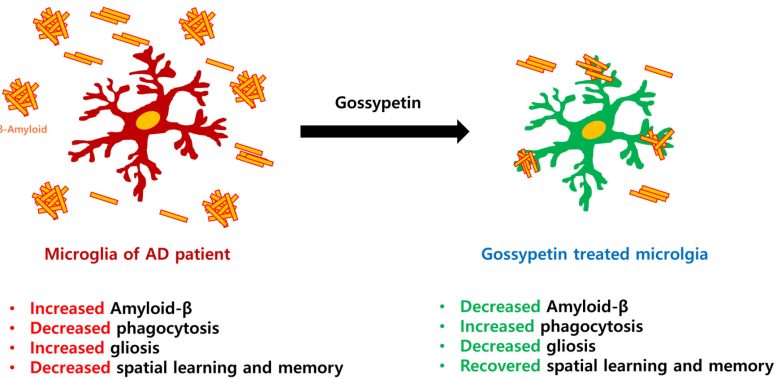
Gossypetin administration and the subsequent changes in the brain tissue affected by Alzheimer’s disease. Credit: POSTECH
The research team treated AD model mice with gossypetin through intragastric administration for three months and concluded that their impaired memory and cognition were almost restored to the normal level. Furthermore, they saw a decrease in the various types of Aβ aggregates, which are commonly found in the brain tissue with AD-type dementia.
The researchers then collaborated with Professor Jong Kyoung Kim (Department of Life Sciences at POSTECH) and proceeded with single-cell RNA sequencing. The analysis demonstrated that gossypetin prevented the expression of genes associated with gliosis, which promotes chronic inflammatory reactions while increasing the expression of genes associated with Aβ phagocytosis. In other words, gossypetin facilitated microglia’s Aβ clearance.
Professor Kyong-Tai Kim explained, “We have confirmed that removing Aβ aggregates deposited in the brain is effective in preventing and treating dementia. Gossypetin from hibiscus will contribute to the development of a safe and affordable drug for patients suffering from AD.”
Reference: “Gossypetin ameliorates 5xFAD spatial learning and memory through enhanced phagocytosis against Aβ” by Kyung Won Jo, Dohyun Lee, Dong Gon Cha, Eunji Oh, Yoon Ha Choi, Somi Kim, Eun Seo Park, Jong Kyoung Kim and Kyong-Tai Kim, 21 October 2022, Alzheimer’s Research & Therapy.
DOI: 10.1186/s13195-022-01096-3
The study was conducted with the support from NovMetaPharma Co., and clinical trials are planned for developing a treatment for dementia prevention and treatment that use gossypetin.

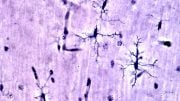
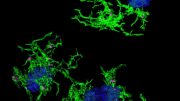
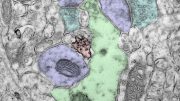
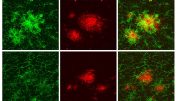
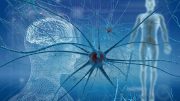
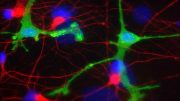
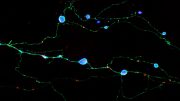
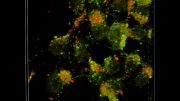
Why has Scitech Daily suddenly and uncharacteristically started singing the praises of old-fashioned remedies like hibiscus tea, herbs, supplements and spices?
Doubtless any Big Pharma sponsors you may have will greatly appreciate your talking up a market which this rapacious industry is moving to capture and control.
Or is this just another case of “correlation rather than causation”?
They tout single studies of dubious design with low power and often, known woo “researchers”.
Maybe the knowledge of ancients should be more appreciated.
What if the simple tea works as well as the purified product , then that’s poke in the eye for Big Pharma.
I don’t see any “singing of praises”, just a report of a promising study.